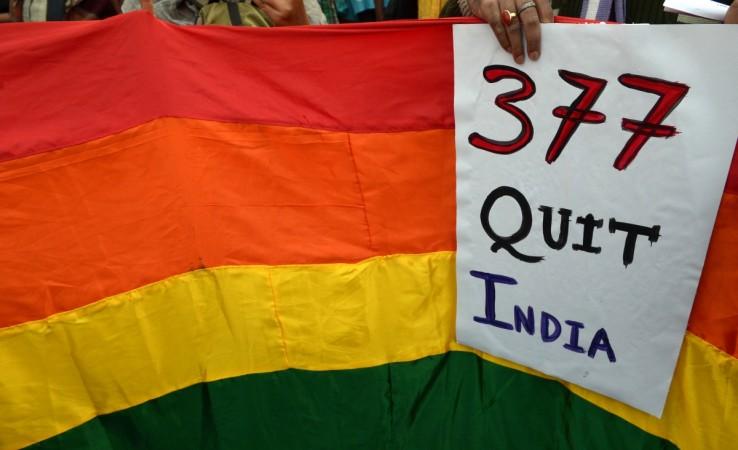
United Nations India on Thursday lauded the Supreme Court for striking down a "key component" of IPC's Section 377 which criminalises "specific sexual acts between adults" and said the judgment will boost efforts to eliminate stigma and discrimination against LGBTI persons.
It also hoped the ruling will be the first step towards guaranteeing the full range of fundamental rights to LGBTI persons.
"Sexual orientation and gender expression form an integral part of an individual's identity the world over, and violence, stigma, and discrimination based on these attributes constitute an "egregious" violation of human rights," it said.
"The United Nations in India welcomes the landmark ruling by the Supreme Court of India striking down a key component of Section 377 of the Indian Penal Code which criminalized specific sexual acts between adults, a law dating back to British colonial rule that has targeted in particular lesbian, gay, bisexual, transgender and intersex (LGBTI) individuals and communities," it said in a statement.
LGBTI persons across the world continue to be the targets of violent attacks and are affected by multiple and intersecting forms of discrimination based on age, gender, ethnicity, disability, and social status, the statement added.
"The UN in India sincerely hopes that the court's ruling will be the first step towards guaranteeing the full range of fundamental rights to LGBTI persons.
We also hope that the judgment will boost efforts to eliminate stigma and discrimination against LGBTI persons in all areas of social, economic, cultural and political activity, thereby ensuring a truly inclusive society.
"The focus must now be on ensuring access to justice, including remedy; effective investigations of acts of violence and discrimination; and effective access to economic, social and cultural rights," the organisation said.
A five-judge Constitution bench of the Supreme Court unanimously decriminalised part of the 158-year-old colonial law under Section 377 of the IPC which criminalises consensual unnatural sex, saying it violated the rights to equality.
The bench headed by Chief Justice Dipak Misra termed it irrational, indefensible and manifestly arbitrary.










